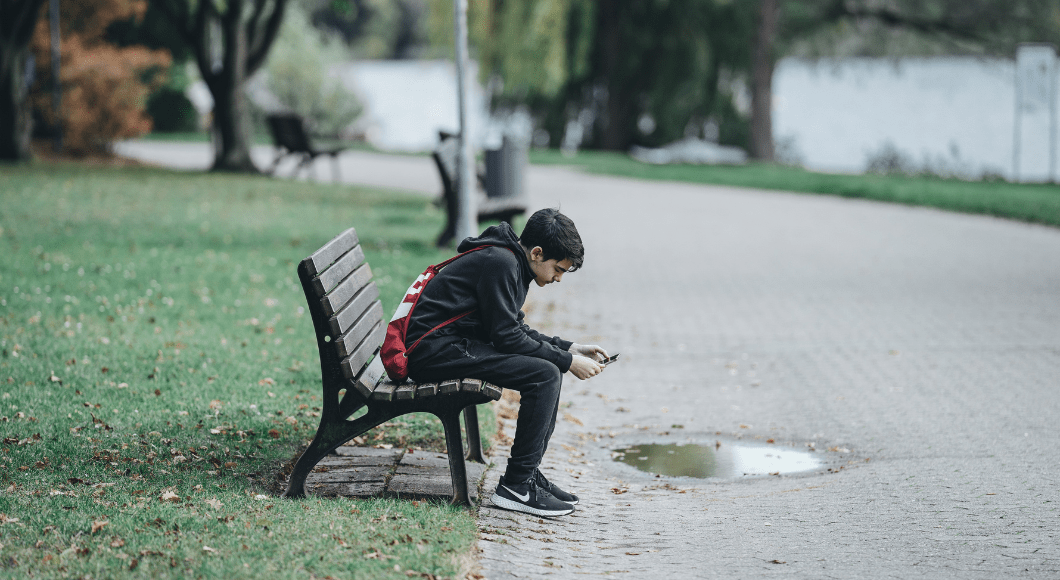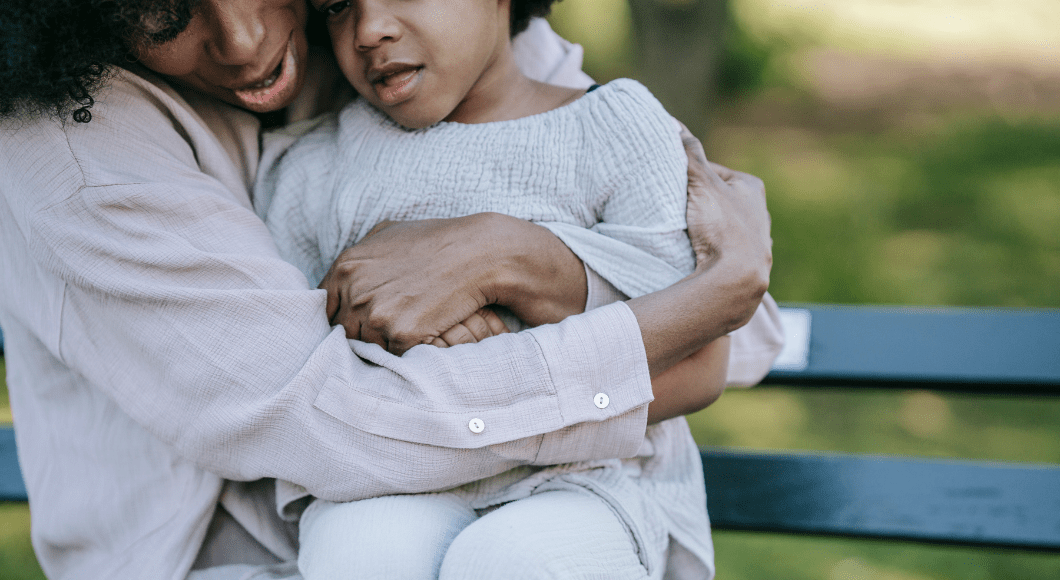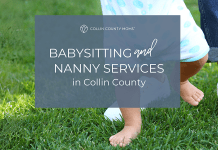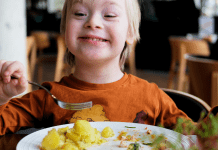 When I was growing up, there was a big emphasis on staying away from strangers. We were taught “stranger danger” and not to take candy from strangers. But as an adult, friends who have spoken about their abuse as children say it didn’t happen from strangers, like insinuated from the headlines. Instead, the people they knew caused the abuse.
When I was growing up, there was a big emphasis on staying away from strangers. We were taught “stranger danger” and not to take candy from strangers. But as an adult, friends who have spoken about their abuse as children say it didn’t happen from strangers, like insinuated from the headlines. Instead, the people they knew caused the abuse.
Conscious parenting coach Maysaa Fahour, Consent Parenting, and Feather Berkower L.C.S.W have recently been teaching on a new study that came out from interviewing predators. A majority of this information I have learned from them. While it’s counterintuitive to some of the things I believed when I started parenting, it has opened my eyes.
1. Predators Exhibit Strange Behavior
Instead of teaching “stranger danger,” I’m now teaching that kids need to be aware of strange behavior. This is the BIGGEST difference in what I was taught and what I’m teaching my kids about predators.
Sexual abuse is often committed by someone the child is closely connected to. Whether that is a relative, coach, or family friend, it is usually someone the parents trust. I want to normalize talking about strange behavior in my home. Sure, not all strange behavior is predatory, but I want my kid to have the autonomy and confidence to be able to say “I don’t feel comfortable.”
>> RELATED READ :: Love Is Respect :: Teen Dating Violence Awareness <<
2. Predators Like Good and Bad Secrets
There are no secrets in our house. I ask my kids to tell me if anyone asks them to keep a secret. All secrets are bad here.
If we’re getting Dad a birthday present, that’s a good surprise, not a secret. If a surprise gets ruined, it’s not earth shattering. If someone takes advantage of my kids using secrets, referring to them as “good secrets,” that is earth shattering.
3. Predators Utilize Shame
Private does not equal shameful. That means we label body parts correctly without shame.
In our house, we talk about how no one should touch the things covered by your underwear except your parents and doctor, and even then there needs to be consent and not make you uncomfortable. (Illness is something we haven’t had to deal with in regards to this. I realize that is a privilege not all caregivers have.)
Feelings should also be labeled correctly and without shame. What are you feeling and where are you feeling it? If someone makes their tummy feel funny, or makes them uncomfortable or angry, I want my kids to be able to tell me!
4. Predators Abuse Boundaries and Trust
Modeling boundaries and trust is hard when I’m still learning how to hold them myself. One thing kids do to learn is constantly test boundaries. And — argh — if this isn’t one of the hardest parts of parenting, right?!
But, I want my kids to know that it’s okay to make mistakes. It’s how we learn and grow. After we make mistakes, we go back and repair. Here’s the sticky spot for me, predators will manipulate boundaries. They might apologize and say they’re sorry but continue the behavior. So how can I teach my kids about predators crossing boundaries?
>> RELATED READ :: Getting Involved with Anti-Trafficking in DFW <<
I teach my kids they are responsible for their own bodies and boundaries but not for what other people do. But if someone does something that breaks trust or a boundary, it is not their fault. It makes that person not trustworthy.
5. Predators Look for Vulnerable Kids Who Might Not Talk
This might be the most important thing on the list. If I want my kids to be able to identify strange behavior, set boundaries, and tell me about how they are feeling without shame, I have to model and practice this myself.
A huge part of helping my children practice this is ensuring they feel like they can talk to me without shame. I want them to know I don’t expect perfection and they can talk to me about embarrassments or mistakes. I don’t have to wait to do this: I can start with my preschooler now by asking open-ended questions early and often. Instead of asking how was your day, I ask about something that made them smile or made them sad. How they feel about an event. This lets them know their opinion is valuable and important to me.
Nothing is off limits.
One of the best pieces of parenting advice I got was to make sure kids always have a safe space to talk.
 As a preschooler, that might be my lap or the couch. It can be difficult with the big kids. The friend who gave me this advice used Taco Bell with her older kiddo. They knew whenever they needed, they could ask Mom to take them to Taco Bell. That was their safe space. There were no consequences dealt out there and no shame. Her rule was that they could tell her anything there without getting in trouble.
As a preschooler, that might be my lap or the couch. It can be difficult with the big kids. The friend who gave me this advice used Taco Bell with her older kiddo. They knew whenever they needed, they could ask Mom to take them to Taco Bell. That was their safe space. There were no consequences dealt out there and no shame. Her rule was that they could tell her anything there without getting in trouble.
These are the things I’m teaching my kids about predators to avoid abuse. What about you? What resources have you learned from and what are your rules?














Sarah, this article is amazing and so spot on. I’m sharing!
Thanks so much Kristy, appreciate it!